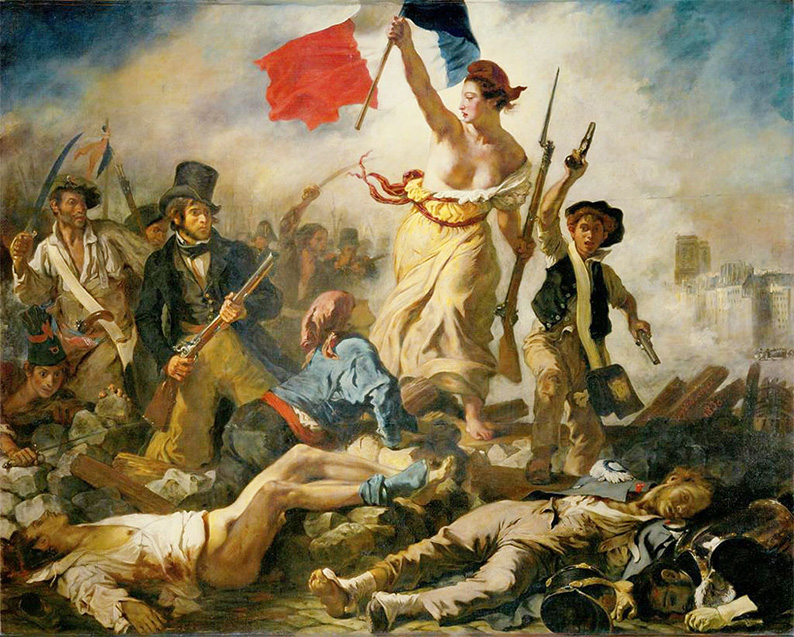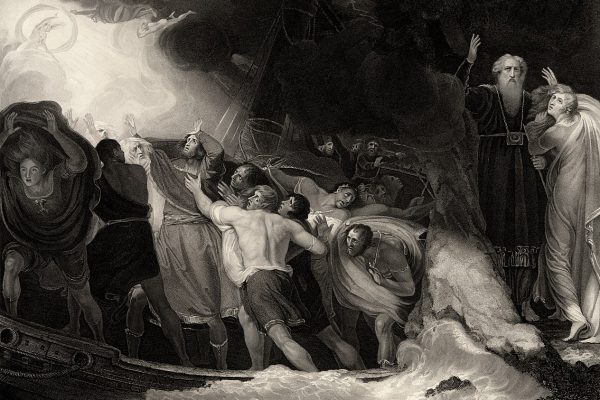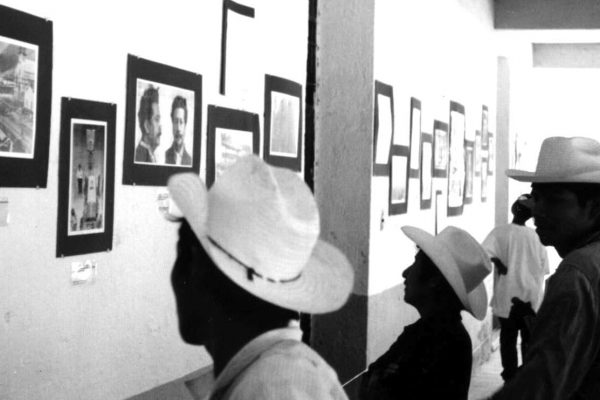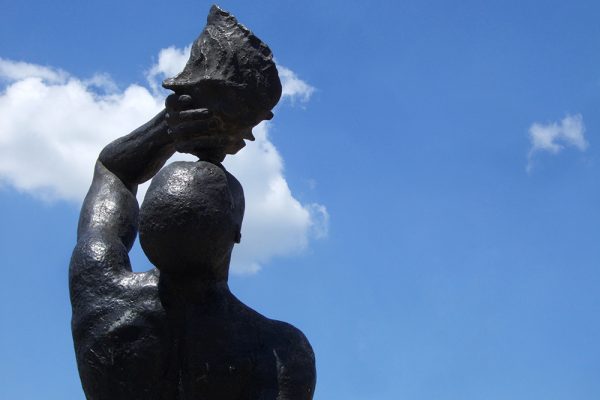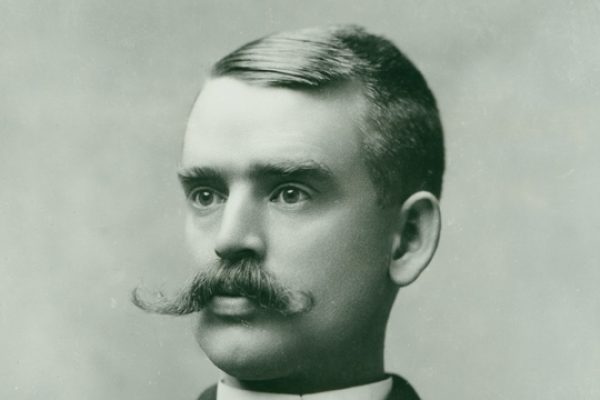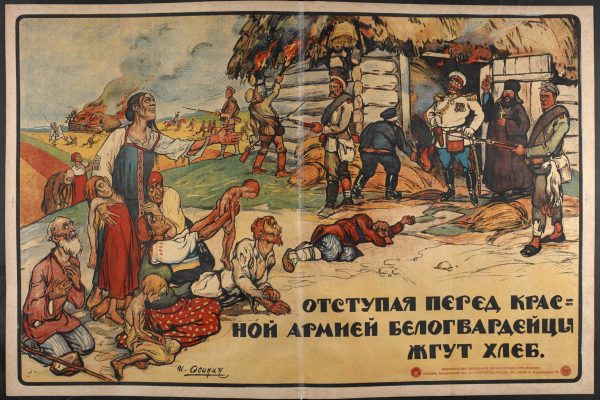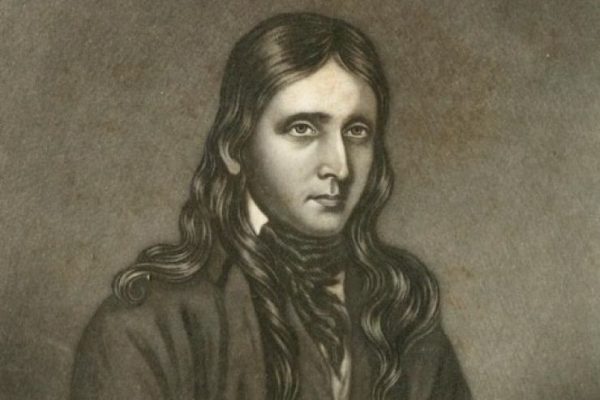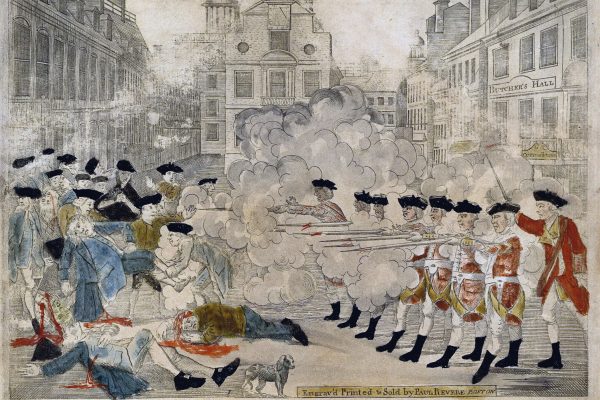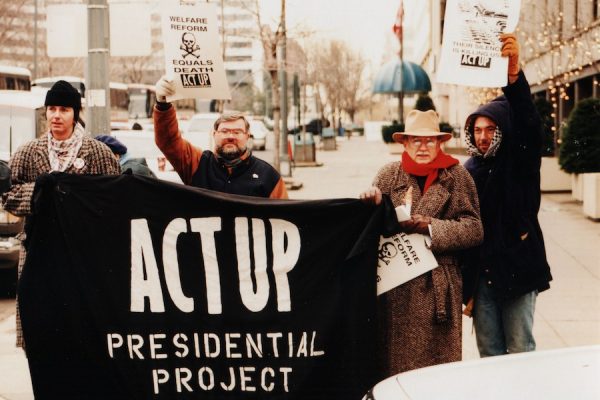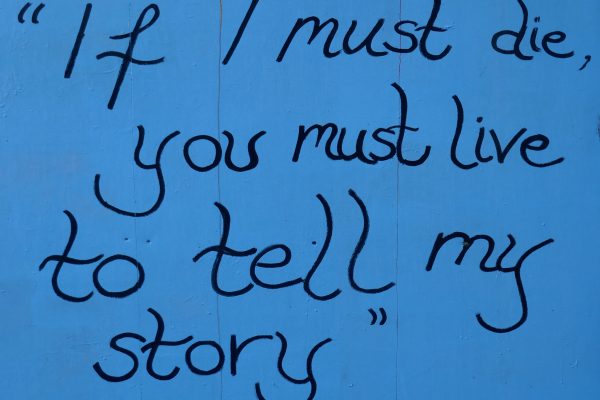Revolutions are world-shaking affairs. But how much do we really know about who makes them? And how clearly do we understand their implications? There are few better times to ask such questions than the month of July, when commemorations of the French and American revolutions present simplified versions of these events. As an antidote to such potted histories, this week’s reading list explores the secret history of revolutions—their unsung heroes, little-discussed controversies, and unrecognized effects.
In a pair of essays on the American and French revolutions, Robin Blackburn and Steven Hahn show that the events of 1776 and 1789 formed part of an “Age of Revolution” in which a transatlantic network of rebellious, multiracial movements challenged established authority. As Blackburn notes in a review of Peter Linebaugh and Marcus Rediker’s The Many-Headed Hydra (2000), the ideology of the American Revolution was shaped by “the revolutionary radicalism of mariners and dockworkers,” who helped to push the cause’s rhetoric in a more universalist direction. Hahn similarly stresses the importance of “previously unrecognized actors” to the revolutionary process, highlighting the “maritime laborers, fugitives, and veterans of battle” who spread revolutionary ideas via port cities and fanned the flames revolutionary events in France and Haiti.
Turning from the revolutionary Atlantic to the U.S.-Mexico border, Jonna Perrillo emphasizes the Mexican Revolution’s profound effects on U.S. history and culture in a review of Kelly Lytle Hernández’s recent book, Bad Mexicans. By focusing on the magonistas—anarchist revolutionaries with outposts in California, Texas, and even St. Louis—Hernández prompts us to rethink who makes U.S. history, Perrillo contends. “It is precisely because of the argument this book puts forth that we should consider this history as an American story,” she writes. “We must understand how ordinary people from both dominant and marginalized groups in the United States held a stake in the magonistas’ work.”
Elsewhere in this week’s reading list, Corey Robin questions the received wisdom that the French and Russian revolutions degenerated into terror under the weight of their own ideologies; Barbara Clark Smith complicates the “often one-dimensional celebration of the Revolution” by focusing on the lives of ordinary American colonists; David Waldstreicher wades into the controversy over the 1619 Project and discusses its implications for how we interpret the American Revolution; Peter Linebaugh unearths lesser-known provisions of the Magna Carta and shows how they influenced radical currents of the seventeenth-century English Revolution; and more.
Peter Linebaugh and Marcus Rediker tell two hundred years of Atlantic history through the everyday struggles of working people.
In her new book, historian Kelly Lytle Hernández makes the case for why U.S. history only makes sense when told as a binational story.
A more complete, bottom-up picture of the role sailors and Black political actors played in making the Atlantic world.
Its most far-reaching provisions aren’t the ones we remember.
What the public life of American colonists can teach us about politics.
On Arno Mayer's The Furies: Violence and Terror in the French and Russian Revolutions.
Since the American revolution, “owning” the Tea Party has been a political act.
Critics of the 1619 Project obscure a longstanding debate within the field of U.S. history over the antislavery implications of the American Revolution.
